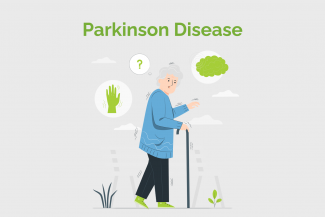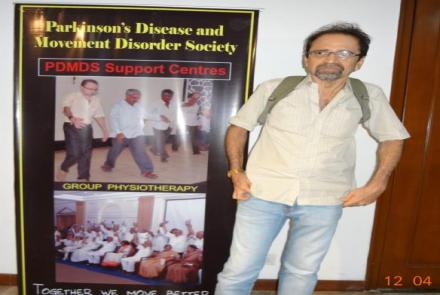
Diagnosing Parkinson’s
There is no specific test to identify Parkinson’s and it is difficult to diagnose especially in the early stages. The doctor will take note of your medical and neurological history and ask you to perform certain movements and tasks, which is part of the neurological exam. If you have had two of the four main symptoms for a while, the doctor may lean towards a diagnosis of Parkinson’s.
Parkinson’s disease must be differentiated from Lewy body dementia as there is common movement related symptoms. But Lewy body dementia is associated with fluctuations or changes in concentration and awareness and recurrent visual hallucinations or delusions.
To read on how to deal with diagnosis of Parkinson's: http://www.patientsengage.com/conditions/early-stage-parkinsons-dealing-diagnosis














